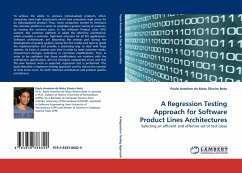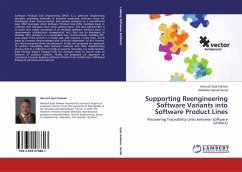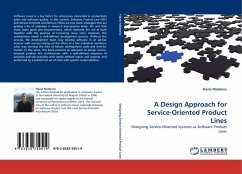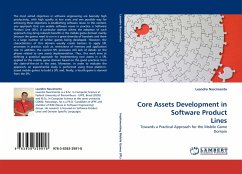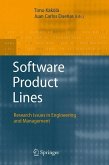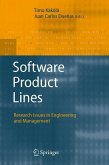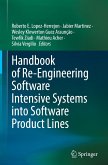To achieve the ability to produce individualized products, often, companies need high investments which lead sometimes high prices for an individualized product. Thus, many companies started to introduce the common platform in order to assemble a greater variety of products, by reusing the common parts. In the Software Product Lines (SPL) context, this common platform is called the reference architecture, which provides a common, high-level structure for all SPL applications. Software architectures are becoming the central part during the development of quality systems, being the first model and base to guide the implementation and provide a promising way to deal with large systems. At times, it evolves over time in order to meet customer needs, environment changes, evolutions or corrective modifications. Thus, in order to be confident that these modifications are conform with the architecture specification, did not introduce unexpected errors and that the new features work as expected, regression test is performed. This book describes a regression testing approach used to reduce the number of tests to be rerun, for both reference architecture and product specific architecture.

